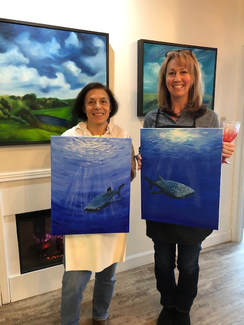 Elizabeth and Jill showcase their whale shark art! Elizabeth and Jill showcase their whale shark art! Whale Shark Painting Class All of us ocean enthusiasts had a great time painting whale sharks with artist Catherine Farquhar at her One Sketchy Art Studio last Saturday night! Catherine has donated her framed canvas painting for raffle, so that the proceeds can go to the ongoing ocean conservation efforts of the Project Aware organization. Thank-you Catherine! We will be drawing the winner on Tuesday, November 13 at our monthly club meeting. Good luck, everyone! 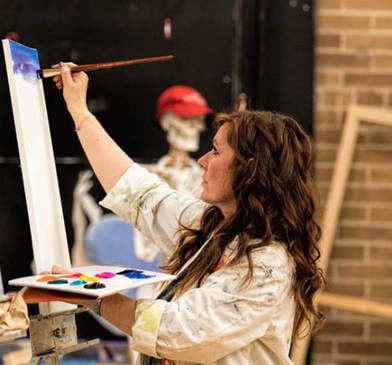 Catherine at work Catherine at work Artist Catherine Farquhar One Sketchy Art Studio "If you've got the party, we've got the time...and the studio and gallery and the paint and brushes and the one-on-one professional art instruction for every party guest. Catherine has formal training in drawing and painting. Her work appears in local shows and in private collections. She approaches teaching art as a form of creative mentoring, encouraging the imagination and confidence of the beginner while challenging the experienced artist with the insights of a collaborator." Last Paint Night News: September 22, 2018  Artist Judy Horan provides art for social change in Ontario Canada Judy has been creating art most of her life, through a variety of mediums. ~ INK ~ ACRYLIC ~ WATERCOLOURS ~ PENCIL ~ PHOTOGRAPHY ~ 22 September 2018 It started with a dive trip reunion being planned, spearheaded by Tracey, one of our divers that lives the farthest away from the rest of us, followed by Dawn suggesting a paint night. From there, Annie found Judy, a local artist who was willing to take us all on a paint-night adventure, and Andrea secured the venue as her friend owns The Patrick House Art Gallery in Aurora. 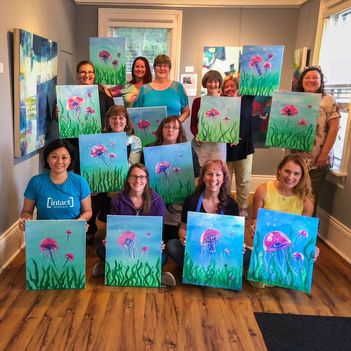 We are all proud of our creations! We are all proud of our creations! We had such a wonderful time, and make no mistake, not a one of us is a professional artist! And it t didn't matter. Our subject matter on September 22, 2018, was a colourful jellyfish. Now we have a million ideas for underwater art that we would like to try our hands at! Whale shark? Yes! Fill out our super, duper short survery below if you are interested in us organizing another paint night featuring an underwater theme (where we long to be). Want to sign up for our scuba newsletter, so you will know when events like this come up? Click and sign up! More photos from our September 22 2018 Painting Adventure:
1 Comment
ONE 1. Meditation Being a scuba diver and learning to consume less air on your dives, means regulating your breaths. I often practice slow breaths; breathe in to the count of 4, and a slow, controlled exhale to the count of 5. I definitely notice I consume less air, but I also notice that getting into that rhythm is very relaxing. Because I am underwater, AND breathing through a regulator, inhaling breaths are a little louder. And exhaling bubbles is just fun! My husband is a scuba instructor, so he has logged countless dives in his scuba career. He is a very patient buddy as I take pictures of the many critters we encounter, and I often turn around after taking my shots, and he literally appears to be napping, hands clasped, suspended perfectly by my side. The first time I noticed that, I thought he was "narced", staring senselessly at the rock in front of him, but no. He was just resting his eyes while I took pictures. THAT is taking relaxation to a whole other level! On our last dive in the Cayman Islands, we settled on the sandy bottom of the ocean, and patiently waited for the little yellow-headed jawfish to cautiously stick their heads out of their holes. They are curious, and it was our hope that they would come all the way out. I have a little photo-series of those relaxing moments (see below, and sorry, I didn't have macro capability, so I couldn't get any closer), but my point is, that is was such a calming practice (plus, these little guys are so darned amusing!). It is a place of ZEN. :) Cute and curious Yellow-headed Jawfish - The "dance" we had the privilege of watching as we meditated on the bottom of the ocean: TWO 2. Escape Technology Don't get me wrong, technology is great, but enough already! I use technology a lot for my job, and for the business; social media is a big part of being involved in the scuba industry. That makes sense, because it is a very unique sort of business - a very social business. But it has some tremendous downsides. I began to feel like I couldn't do it all. I had mountains of work to do, but somehow the social media vortex would suck me in, and spit me out hours later. It was creating stress. Disentangling ourselves from social media while we go on our diving excursions is such a relaxing pleasure! No phones underwater! We naturally find ourselves unwinding and enjoying the company of other divers, while the "pull" of technology lessens minute by minute. I LOVE our little dive trips! Whew!!!! What a relief to escape! THREE 3. Silence Silence is golden. It really is. Noise is a pollution, and we are so inured to it, that we often don't realize the strain and stress we are putting on ourselves emotionally and physically, until we finally free ourselves from it. To descend below the surface of the water, is to truly shut out the rest of the world. No work, no bosses, no technology, no traffic (except for schools of fish), and, for a little while anyway, I can pretend there are no bills. It is an escape like no other. Bliss. 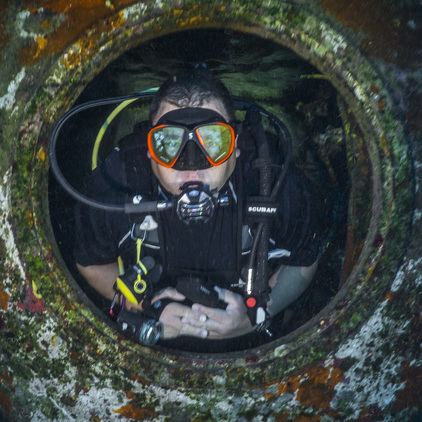 Jody in the recompression chamber of the Kittiwake Rescue ship - Grand Cayman Jody in the recompression chamber of the Kittiwake Rescue ship - Grand Cayman FOUR 4. History Wreck diving is a favourite for many divers. People love them for many different reasons. For some, it is the magical timelessness of a structure preserved in its time (although it is ever changing from year to year). For others, it is the historical significance that demands their fascination. A wreck may lie on the bottom of an ocean as a memorial to battles, conflict, or tragedy, and historians have learned a great deal about our past from the archaeological artifacts recovered and preserved from its depths. Every wreck has a story. We love to learn the history of each one before we explore her secrets. And wrecks are everywhere! We enjoy them on weekend outings from home here in Ontario often throughout the summer, and in the winter, we explore historical wrecks in more exotic and far away locations. Each is unique, and although people usually think of ships as wrecks, we also dive the wrecks of planes, military craft, and even railroad cars! Wrecks draw underwater photographers, not only for its structural beauty, but for the life that is sheltered there. In the ocean, wrecks become artificial reefs over time - a kind of coral nursery - and with each passing year of thriving growth, more and more marine life takes residence there. It is beautiful to see and appreciate the contrast of a dilapidated wreck that is falling apart, with the colourful coral growing on it, attracting fishes, shrimps, eels, rays, and more. What's not to love? 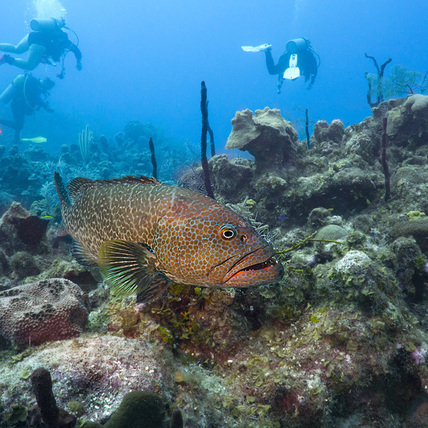 FIVE 5. Marine Life Do we all carry an obsession with the water and the creatures living in it, or is it just me? I can't walk by a body of water, without at least visually searching its depths for a glimpse of life. In fresh water - frogs, tadpoles, crayfish, and, of course bigger fish like bass, or maybe sturgeon? In salt water - jellyfish, sea-turtles, lobster, or maybe even a shark? I want to see them, I want to see them all! My marine life point BEGS to be told through a few pictures (which will naturally lead to point number 6... SIX 6. Underwater Photography I know, it's not every scuba diver's passion to capture the beauty of the world below the waves with a digital camera, but it IS mine! It's really one of the motivating factors that got me into the sport in the first place! Many divers choose not to take a camera with them, because they just want to enjoy the experience first hand, not through the eye of the camera. They will tap their heads and proclaim, "It's all up here." And they are right. But not for me. I am DRIVEN to improve my underwater photography skills. If I can't take my camera with me, I am devastated, because then I KNOW that is when I will see something cool, and miss the chance to photograph it through MY eyes, MY way with MY tool - the camera. And generally speaking, you just can't plan what you are going to see and photograph on a dive. It's like Forest Gump says, "Scuba diving is like a box of chocolate - you never know what you are going to get." (close enough). So with camera in hand, I must be ready. For anything. Every dive and photo-shoot experience is a learning opportunity, and I leave every excursion with a list of things in my head that I could improve on next time. Things I would do differently, and things I would like to try. It may be an obsession. My scuba trips are fraught with running to my room to check O-rings, download images (with back-up) and charge lights and camera so they are ready for the next dive. And I just wouldn't have it any other way. 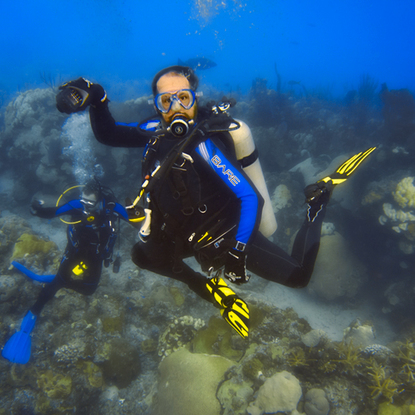 Jim's underwater yoga moves! Jim's underwater yoga moves! SEVEN 7. Divers are Fun and Cool But it's just so simply true. Divers love life. They are fun loving. They love nature. They care about the ocean and the environment. We take care of each other and help one another to improve their scuba skills, and dive safer. We enjoy BBQ's and refreshments after many dives, and they are just a pretty cool bunch of people. You really have to join this community and see for yourself! What are you waiting for? Learn to dive, or join the scuba club! 905-898-5338 email: [email protected] What is The Difference Between Divemaster & Master Scuba Diver? (Because We Are All Confused)5/3/2016 I get asked this at least once a week, and to be fair it is a valid question. I remember I was also once confused. The titles sound pretty much the same and are comprised of the same words. So you’re sitting there wondering…What is the difference between the two? Which one is higher in the diving world and why does it all have to be so complicated? In the diving world, there is actually a significant and distinct difference between the two. So if you feel too silly to ask someone, I’ve got you covered. First, let’s start with Master Scuba Diver. A common misconception is that there is a specific course to become a Master Scuba Diver, however it is actually not a course in itself. It is a set of requirements that need to be met before one can apply in order to get the special Master Scuba Diver status. The requirements as per PADI are:
So once you meet the requirements and apply, you are essentially a Master Scuba Diver! Not as hard as you thought, right? There are so many awesome specialty courses that PADI offers, from Underwater Videographer to Ice Diving, all the way to Fish Identification (yup, that’s right, naming fish). Now, becoming a Divemaster is a bit different. It is essentially an entry-level professional certification. During your PADI Open Water, you may have noticed divers helping out you and your instructor – They were Divemasters! A Divemaster leads dives and assists dive instructors and they are a respected and important part of any dive shop or diving team. The requirements as per PADI are:
The Divemaster course is not an easy course to pass, one must meet a long list of requirements and the course itself takes a significant length of time to finish with multiple components. Once you are a Divemaster, you can pursue a career in the dive industry and work just about anywhere in the world. The Divemaster course is a stepping stone to moving up in the professional diving world as you can then apply for the PADI Open Water Instructor Course! So there you have it folks, now you know the difference between the two similar sounding PADI diving qualifications! Remember to thank your hard working Divemasters who often volunteer their time purely for the love of the sport! Go Divemasters, we love you! If you are interested in getting your Divemaster or Master Scuba Diver qualifications, feel free to contact us with any questions or enquiries. Now that you know the difference, you are well on your way to choosing the next adventure that suits you best! Happy Diving, Dana Lenahan |
FlickrAlbumAuthorsJill Smith Archives
January 2024
Categories
All
|
Our Services |
Company |
SupportOur Blog
|
|
Copyright © 2014
|
Newmarket, ON
|
(905) 898 5338
|












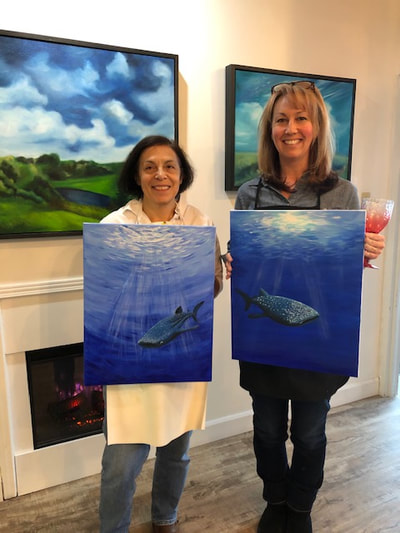

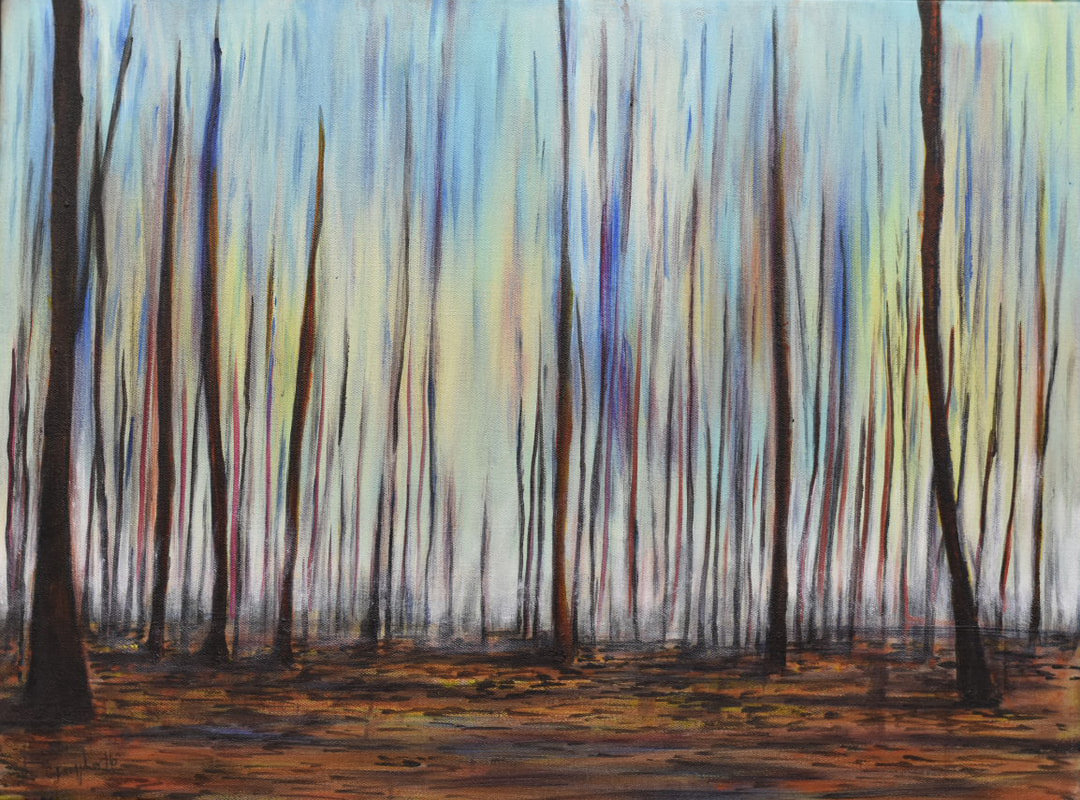
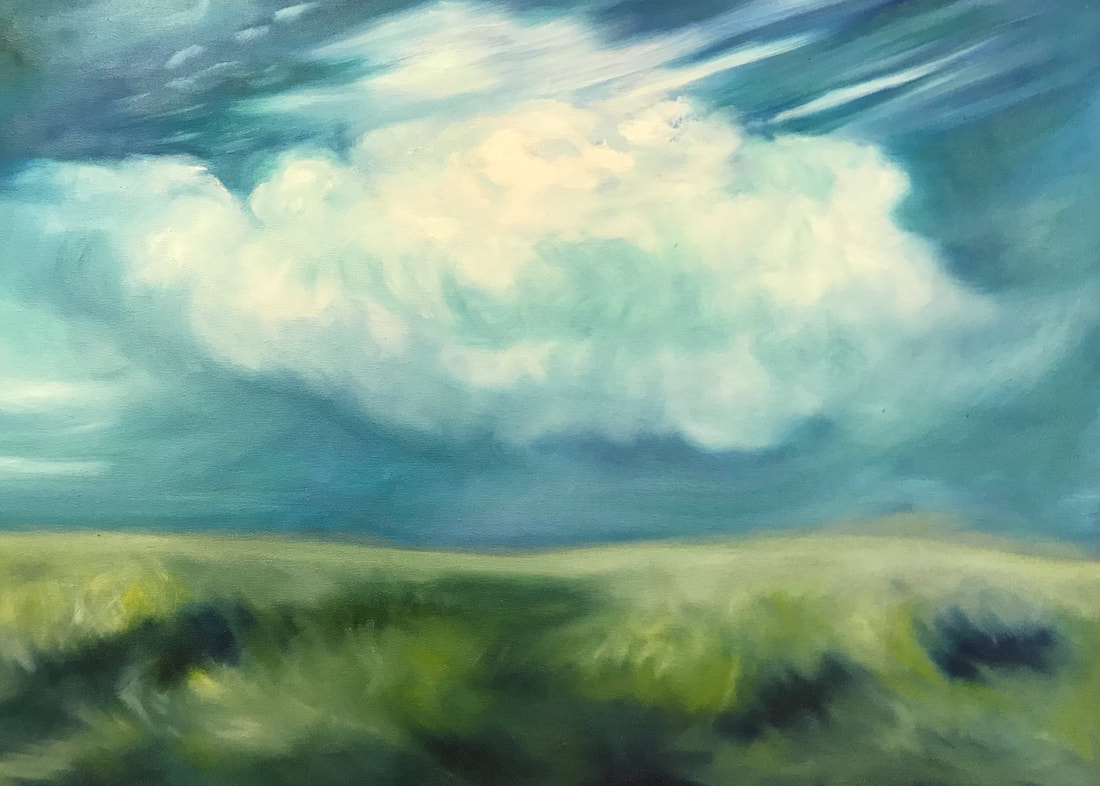






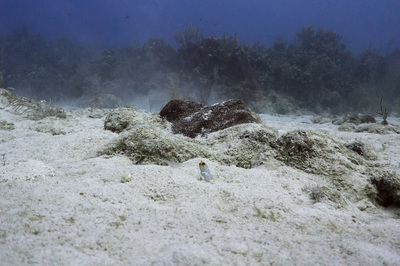
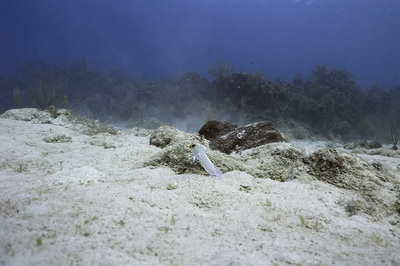
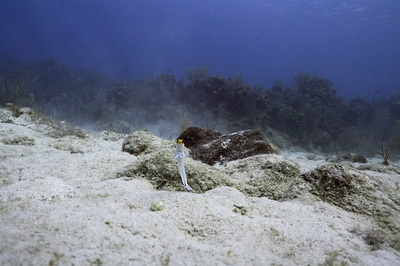
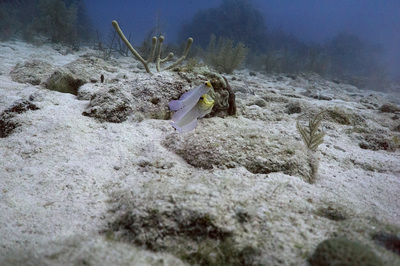
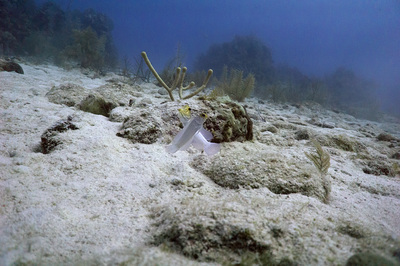
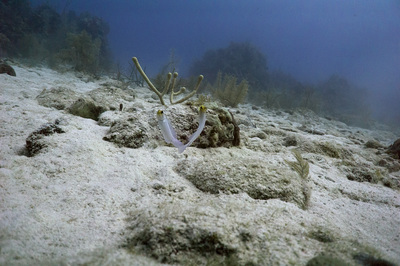
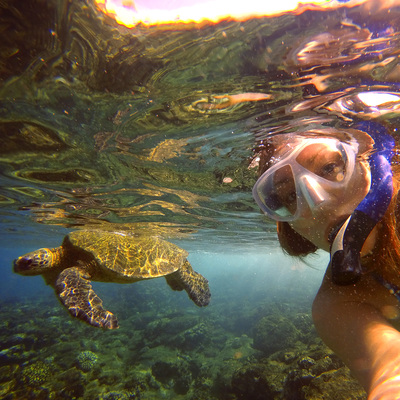
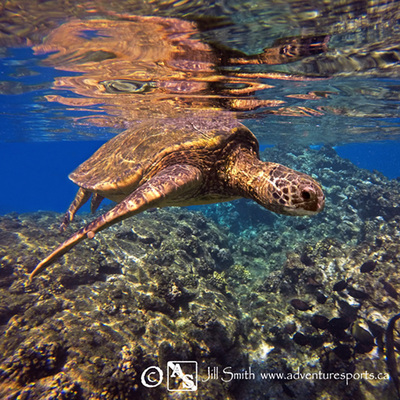
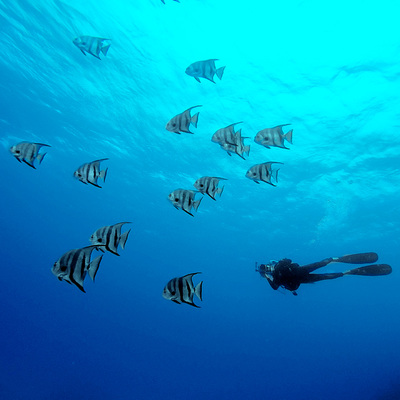
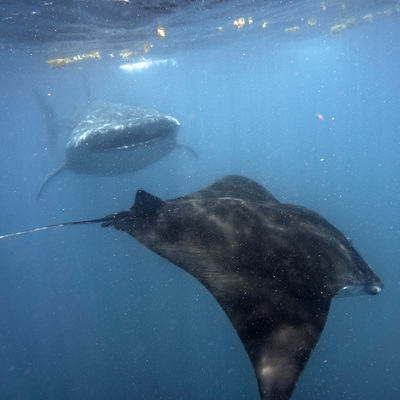
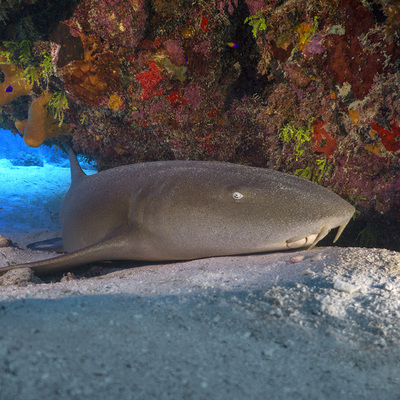
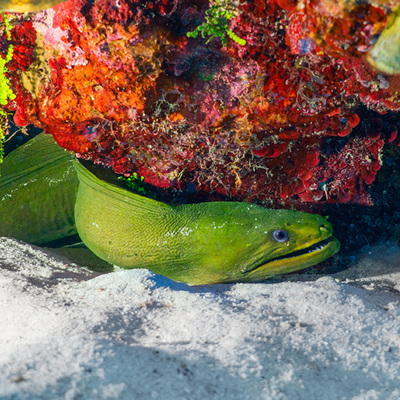
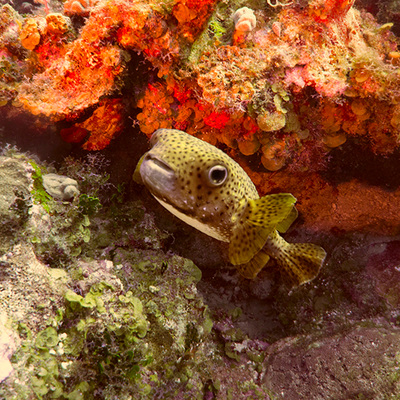
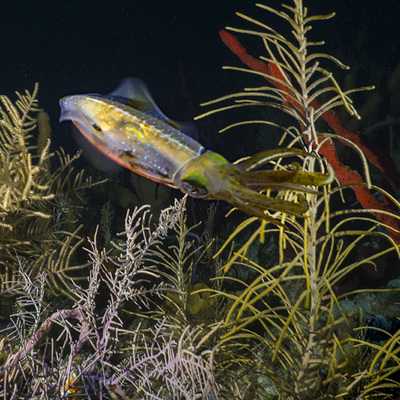
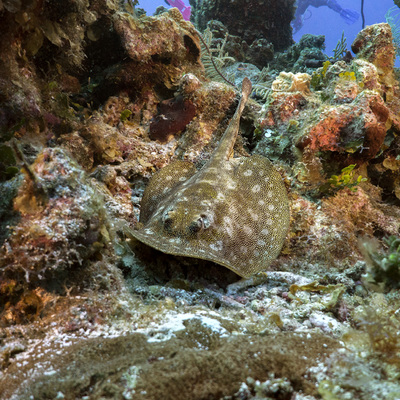
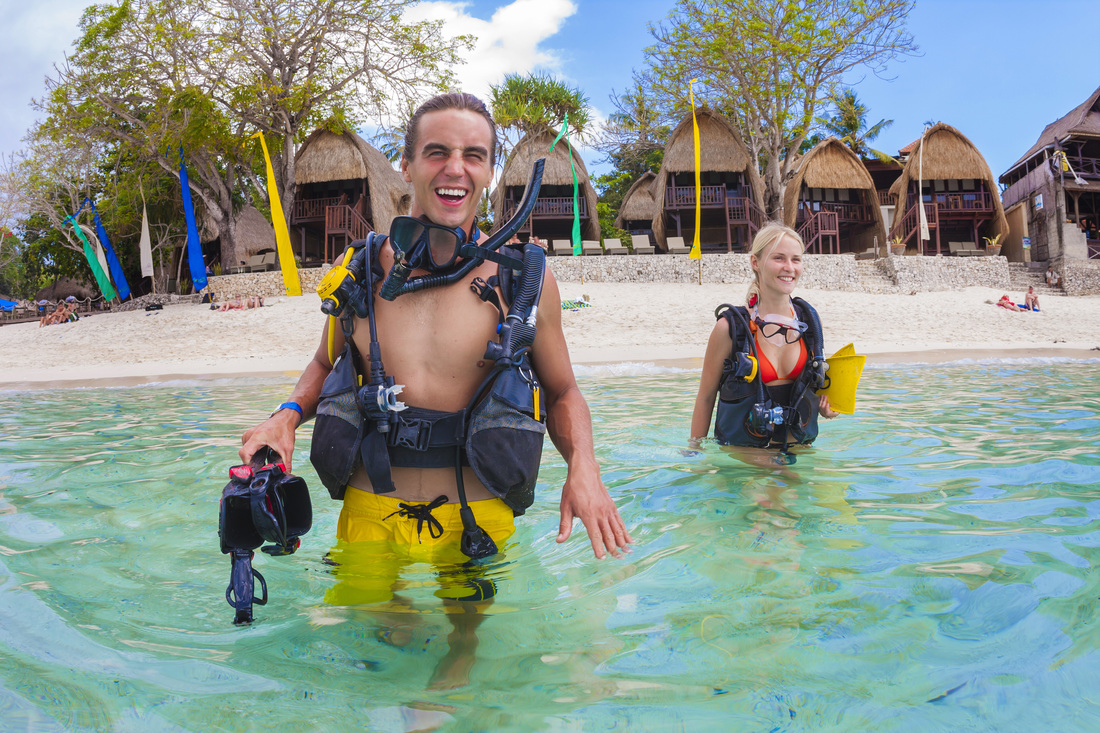

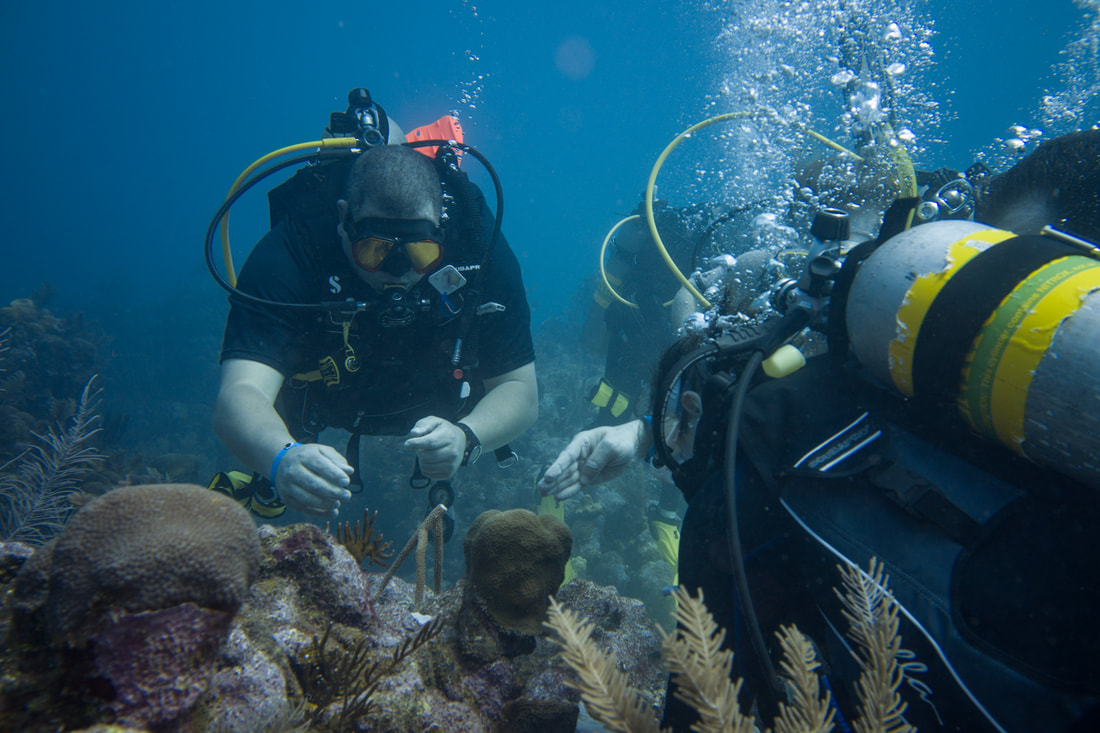
 RSS Feed
RSS Feed

